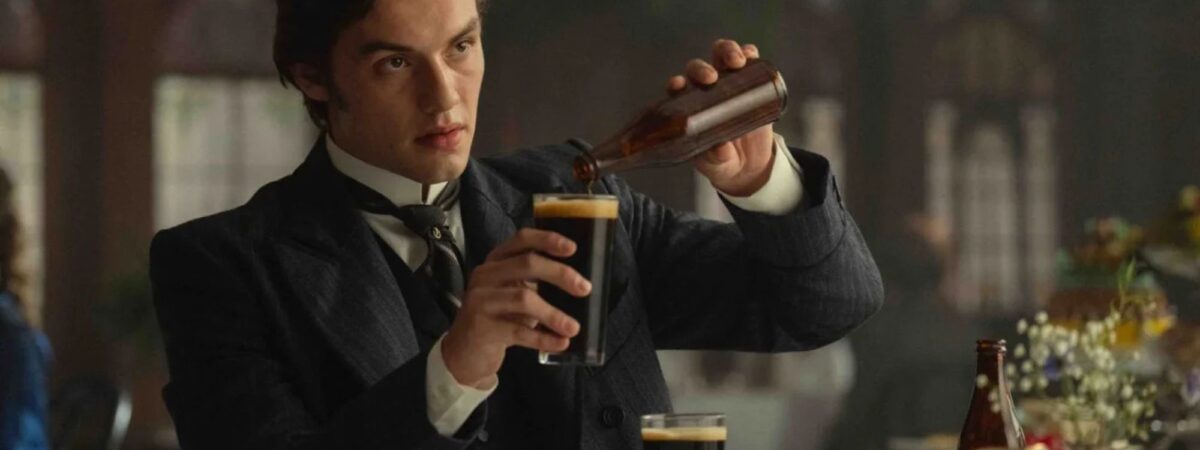
The Netflix series House of Guinness is causing an international sensation, with its polished setting, prestigious cast and family intrigue mixed with historical issues. Abroad, critics are calling it irresistible, even like an Irish version of Succession or Peaky Blinders.
But in the heart of Ireland, the situation is very different: the series is facing a wave of harsh criticism.
Those who judge from Ireland criticize the series for simplifying or distorting sensitive historical events – notably the colonial relationship between Ireland and England. Certain dialogues, costumes and settings are deemed caricatural, even offensive.
A recurring criticism concerns the way in which the insurgents – the Fenians – are portrayed: far from being nuanced characters, they appear as a grotesque version of nationalist stereotypes, endowed with forced accents or exaggerated outfits.
The Irish Times criticizes the lack of subtlety in the depiction of Irish struggles, and the lack of awareness of the social realities of the time.
Internationally, the press praises the series for its ambition, visuals and dramatic intensity. In particular, The Guardian praises the “visual spectacle” and the cast, while the modern soundtrack – featuring a mix of contemporary Irish bands – adds a bold touch to the narrative.
But in Ireland, the debate isn’t just about the series as entertainment: it’s about identity, memory and the way the story is told. Some Irish critics accuse the series of using clichés to the detriment of a more accurate or nuanced approach.
The production claims to be “fiction inspired by true events”. This gives the film some narrative leeway, but Irish observers are not always convinced: for them, the liberties taken go beyond the mere “art of the novel”.
The series is based on a true story – when Sir Benjamin Lee Guinness died in 1868, his heirs took control of the brewing empire – but modifies or accentuates the tensions to dramatize the story.
Some critics feel that this romanticized adaptation weighs down the story, even proposing a fake version of Ireland at the time, to the detriment of the real historical context.